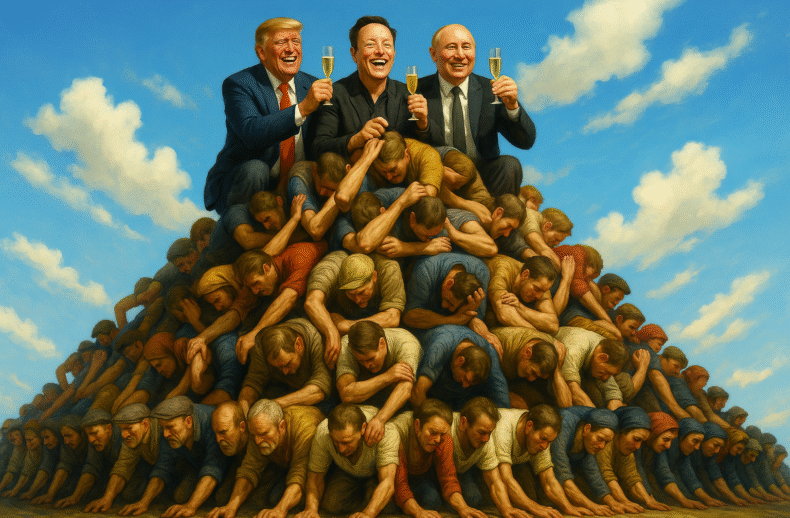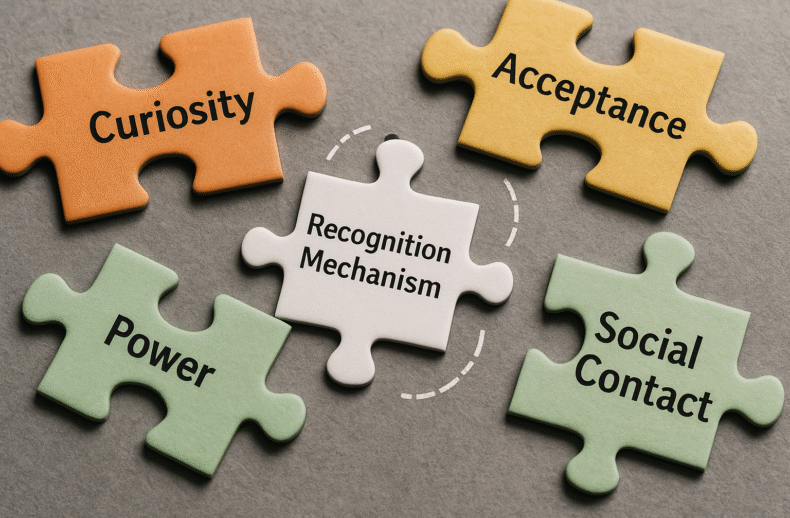Every attempt to build a fair society—from revolutionary socialism to modern capitalist reforms—has been undone by a deeper, rarely recognized force: the demand for recognition. Rooted in human evolution, this neural drive for status and validation creates new elites and hierarchies, no matter how wealth and power are redistributed. Like the tragic experiments of “mouse utopia,” where abundance led not to harmony but to social collapse, human societies become trapped in cycles of competition, exclusion, and breakdown. The only path to lasting fairness is not another structural reform, but a cultural shift: widespread awareness of the recognition loop and a new way of valuing form, contribution, and humility over endless status-seeking.



